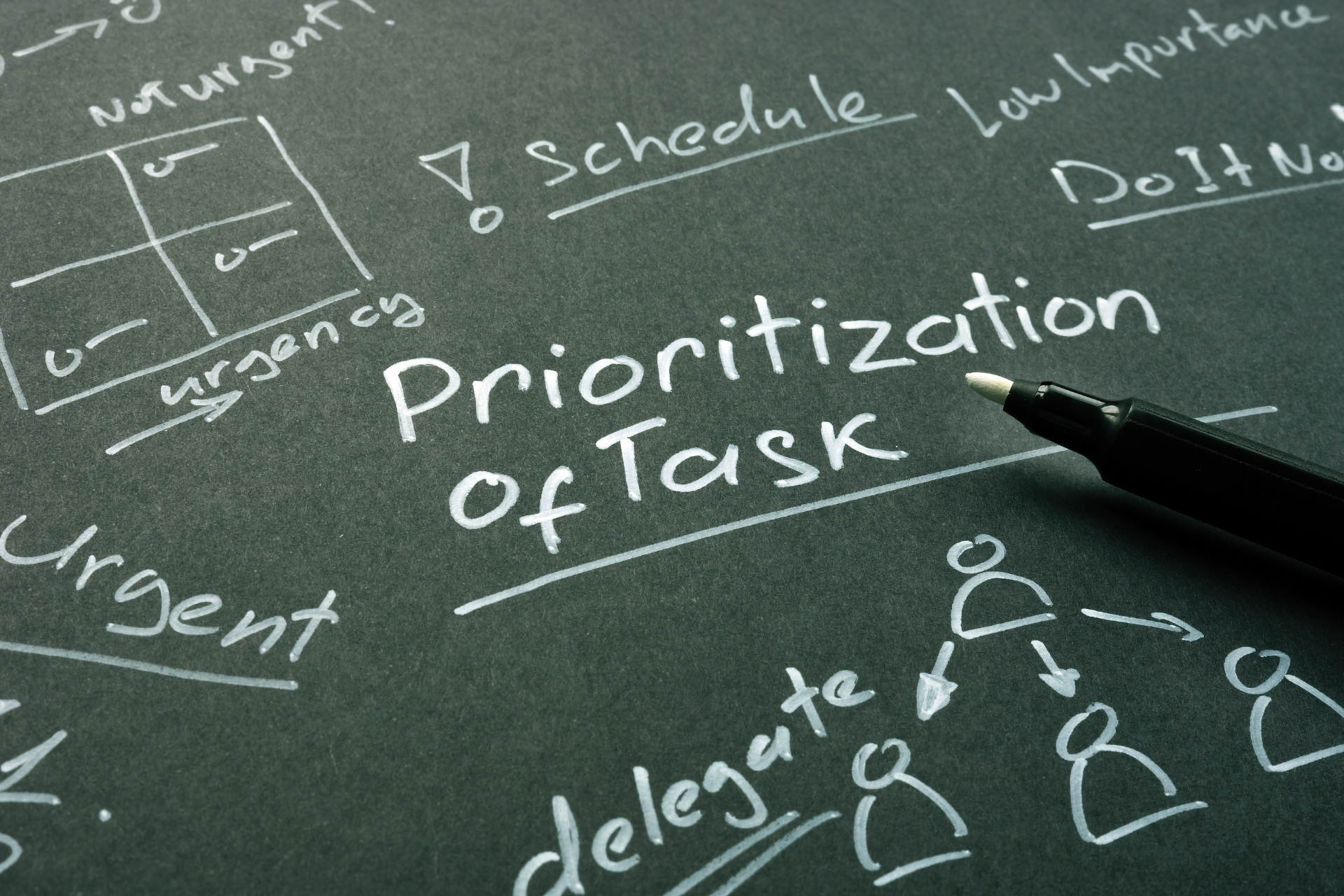In today’s dynamic work environment, productivity stands as the linchpin of success. Whether you’re an individual contributor aiming to excel or a manager striving to optimize your team’s performance, it’s crucial to understand and apply effective strategies for boosting productivity at work. In this comprehensive article, we’ll delve into the concept of productivity, its significance, and actionable tips for enhancing it, all while addressing key questions surrounding productivity in the workplace.
Table of Contents
What is productivity at work?
Productivity at work refers to the ability to efficiently accomplish tasks, meet goals, and generate output while optimizing the use of available resources, including time, effort, and technology. It’s about achieving more with less, effectively balancing quality and quantity in your work.
Understanding Productivity at Work
Productivity at work is the measure of how efficiently you can turn inputs (time, energy, resources) into valuable outputs (completed tasks, projects, goals). It’s not simply about staying busy; it’s about achieving meaningful results. To unlock your full potential, you need to understand the factors that influence your productivity.
- Mindset Matters: A positive and growth-oriented mindset can significantly impact your productivity. Believe in your ability to improve and grow, and you’ll be more inclined to take on challenging tasks.
- Work-Life Balance: Striking a healthy balance between work and personal life is vital. Overworking can lead to burnout, while taking time for relaxation and self-care rejuvenates your energy and creativity.
- Effective Time Management: Prioritizing tasks, setting goals, and managing your time effectively can help you make the most of your work hours. Consider using time management techniques like the Eisenhower Matrix or the Pomodoro Technique.
Practical Strategies for Peak Productivity
Now, let’s dive into some practical strategies that can help you boost your productivity at work:
- Set Clear Goals: Start each day by defining clear, achievable goals. Knowing what you want to accomplish keeps you focused and motivated.
- Eliminate Distractions: Identify common distractions in your work environment and take steps to minimize them. Use website blockers, turn off non-essential notifications, and create a quiet workspace when possible.
- Prioritize Tasks: Not all tasks are created equal. Use the 80/20 rule (Pareto Principle) to identify the most impactful tasks and tackle them first.
- Break Tasks into Smaller Steps: Large projects can be overwhelming. Break them down into smaller, manageable steps to make progress more manageable.
- Learn to Say No: Overcommitting can lead to stress and reduced productivity. Be selective about taking on new tasks and projects.
- Delegate When Possible: If you have a team, delegate tasks to the appropriate team members. Delegating not only lightens your workload but also empowers your colleagues.
- Continuous Learning: Invest in your professional development. Learning new skills and staying updated in your field can make you more efficient and valuable.

Demystifying Workplace Productivity: Your Essential Q&A Guide
In the area of professional success, productivity is the linchpin that keeps things moving forward. It’s a multifaceted concept influenced by various factors and practices. In this Q&A Guide, we’ll be answering key questions to help you understand, improve, and leverage this critical aspect of your professional life.
Q1: What is productivity at work?
A1: Productivity at work is a measure of how efficiently individuals or teams complete tasks and achieve goals while optimizing the use of resources such as time, effort, and technology. It’s about accomplishing more with less, focusing on quality, and achieving meaningful results.
Q2: Does work environment affect productivity?
A2: Yes, the work environment significantly impacts productivity. A well-organized and conducive workspace can enhance concentration and creativity, while a chaotic or distracting environment can hinder efficiency. Factors like lighting, noise levels, ergonomics, and team dynamics all play a role in shaping productivity levels.
Q3: How to measure productivity?
A3: Measuring productivity involves quantifying output relative to the input or resources used. Key performance indicators (KPIs) are commonly used to gauge productivity. These can include metrics such as completed tasks, revenue generated, or units produced. Additionally, time-tracking tools and project management software can help monitor progress and assess individual and team performance.
Q4: Why is productivity important at work?
A4: Productivity is crucial at work for several reasons:
- It boosts efficiency, allowing individuals and organizations to achieve more with the same resources.
- High productivity fosters a reputation for reliability and value, benefiting one’s career or business.
- It often leads to increased profitability due to optimized resource utilization.
- By preventing overwork and missed deadlines, productivity reduces workplace stress.
- Productivity generates a sense of accomplishment and job satisfaction, enhancing overall well-being.
Q5: What are examples of productivity?
A5: Examples of productivity can manifest in various ways, including:
- Completing a project ahead of schedule or under budget.
- Consistently meeting or surpassing sales targets.
- Streamlining business processes to reduce operational costs.
- Efficiently managing time to maintain a healthy work-life balance.
- Achieving personal or professional goals, such as completing a degree or writing a book.
Q6: What is productivity at work, and why is it important?
Productivity at work is the measure of how efficiently you can turn inputs (time, energy, resources) into valuable outputs (completed tasks, projects, goals). It’s not simply about staying busy; it’s about achieving meaningful results. Productivity is crucial because it allows you to make the most of your work hours, increase your impact, and reduce stress by focusing on what truly matters.
Q7: How can mindset affect productivity?
A positive and growth-oriented mindset can significantly impact your productivity. When you believe in your ability to improve and grow, you’re more inclined to take on challenging tasks, learn from failures, and persevere in the face of obstacles. Your mindset shapes your approach to work and can make a big difference in your productivity.
Q8: How can work-life balance enhance productivity?
Maintaining a healthy work-life balance is essential for sustained productivity. Overworking can lead to burnout, decreased efficiency, and even health problems. Taking time for relaxation and self-care rejuvenates your energy and creativity, making you more productive when you return to work.
Q9: How can I set clear goals to boost productivity?
Start each day by defining clear, achievable goals. Knowing what you want to accomplish keeps you focused and motivated. Break your larger goals into smaller, actionable steps to make progress manageable.
Q10: What can I do to eliminate distractions at work?
Identify common distractions in your work environment and take steps to minimize them. Use website blockers, turn off non-essential notifications, and create a quiet workspace when possible. Establishing a distraction-free zone can significantly enhance your productivity.
Q11: How do I prioritize tasks effectively?
Not all tasks are created equal. Use the 80/20 rule (Pareto Principle) to identify the most impactful tasks and tackle them first. Prioritization ensures you’re investing your time and energy where it matters most.
Q12: When is it appropriate to delegate tasks at work?
Delegating tasks is essential when you have a team or colleagues. Delegate tasks to the appropriate team members, considering their strengths and skills. Delegating not only lightens your workload but also empowers your colleagues, fostering collaboration and efficiency.
Conclusion
Achieving peak productivity at work is both an art and a science. It involves understanding your mindset, managing your time wisely, and implementing practical strategies that work for you. By adopting the tips and techniques discussed in this article, you can unlock your full potential, excel in your career, and enjoy a more balanced work-life experience. Remember, productivity is not just about doing more; it’s about doing what matters most.

